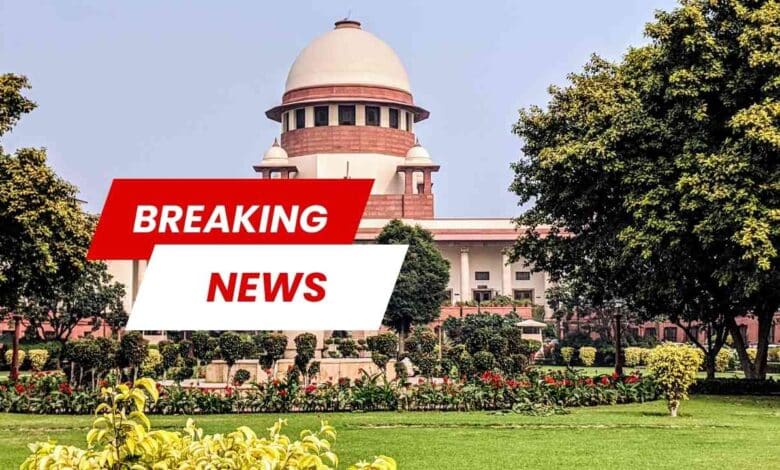Pass TET in 2 Years or Face Termination: Supreme Court Issues Historic Order for All Teachers

TET: Recently, the Supreme Court of India delivered a landmark judgment regarding the TET (Teacher Eligibility Test) qualification for in-service teachers. This verdict is particularly important for all those teachers who have been in the profession for a long time but have not cleared the TET. Although this ruling originated from a case in Maharashtra, its implications have become a topic of discussion across the country’s education sector. Let’s delve into the main aspects of this judgment and its potential impact.
Key Aspects of the Supreme Court’s Verdict
The Supreme Court’s judgment primarily provides guidelines for teachers in two categories, based on their remaining years of service.
- For those with less than 5 years of service remaining: The court has offered significant relief to in-service teachers who have less than five years left until their retirement. According to the verdict, these teachers will not be required to sit for the TET exam. They can complete their tenure and retire as per the normal procedures. This is undoubtedly reassuring news for senior educators.
- For those with more than 5 years of service remaining: On the other hand, the court has set a specific deadline for teachers who were appointed before the implementation of the RTE (Right to Education) Act and have more than five years of service left. These teachers must pass the TET exam within the next two years. Failure to acquire this qualification within the stipulated time could create uncertainty regarding their job.
What Happens Upon Failure to Qualify for TET?
As per the court’s directive, if the teachers for whom TET is mandatory fail to achieve this qualification within the specified two-year period, they may have to resign from their jobs or be compulsorily retired. However, in such cases, they will receive all their entitled terminal benefits, such as gratuity and pension, provided they have completed the required qualifying period of service. If there is any shortfall in the qualifying service period, a representation can be made to the concerned department for consideration.
Origin of the Case and the West Bengal Context
This case originated from a lawsuit in Maharashtra titled “Anjuman-I-Islams V. The State of Maharashtra”. Therefore, the judgment is primarily applicable to Maharashtra. Teachers in West Bengal need not panic immediately regarding this verdict. If this rule is to be implemented in West Bengal, the state government will first have to issue various regulations and notifications. Hence, the advice for in-service teachers in West Bengal is to wait for official announcements without unnecessary anxiety.
In conclusion, this Supreme Court verdict is a significant step towards maintaining the standard of quality in the education system. While it provides relief to some senior teachers, it also gives other teachers an opportunity to prove their qualifications within a defined timeframe.

